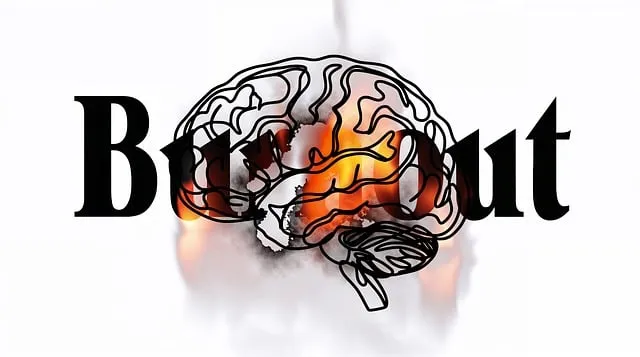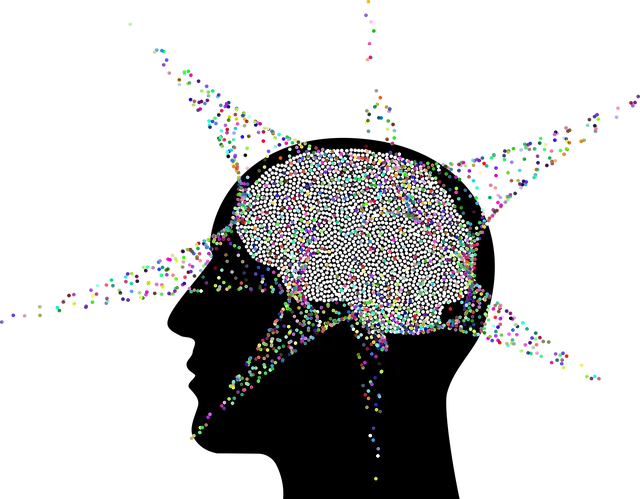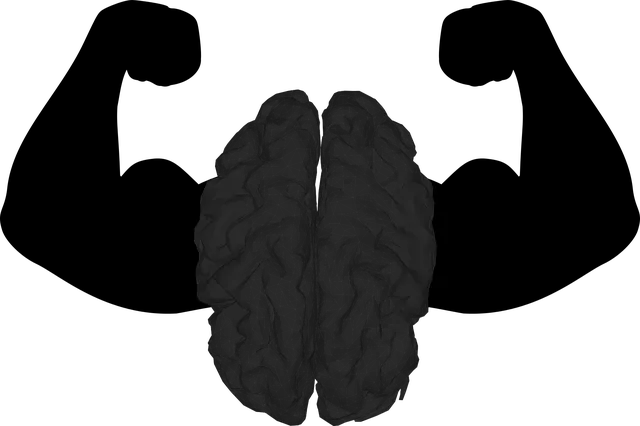Kaiser Permanente's Crisis Intervention Teams (CITs) at its mental health locations in Greenwood Village are a key resource for immediate, holistic crisis support. Consisting of healthcare professionals, first responders, and community advocates, CIT members use Mind Over Matter Principles and effective communication to stabilize individuals while fostering resilience. Their strategic collaboration and advocacy, combined with Burnout Prevention Strategies, ensure they can handle complex situations without compromising their own mental health. The innovative CIT training program at these locations goes beyond traditional workshops, offering practical exercises, role-playing, peer support, and curriculum addressing systemic issues and mindfulness. Proven successful, these programs reduce response times, improve patient outcomes, enhance workplace satisfaction, and contribute to comprehensive Mental Wellness Coaching Programs.
“Crisis intervention teams (CITs) play a pivotal role in providing immediate, effective support during mental health crises. This article explores the importance of specialized training for these teams, using Kaiser Permanente’s innovative program in Greenwood Village as a case study. We delve into the essential components of CIT training, its benefits for communities, and real-world success stories from across Kaiser Permanente’s mental health locations. By understanding and enhancing these programs, we can improve crisis response and save lives.”
- Understanding Crisis Intervention Teams: A Vital Resource for Mental Health Care
- Kaiser Permanente's Approach to Training: Greenwood Village as a Model
- Components of Effective Crisis Intervention Team Training Programs
- Benefits and Impact on Communities: Real-World Success Stories from Kaiser Permanente Locations
Understanding Crisis Intervention Teams: A Vital Resource for Mental Health Care

Crisis Intervention Teams (CITs) are a vital resource in mental health care, offering immediate support and guidance during acute crises. These specialized teams, often composed of healthcare professionals, first responders, and community advocates, play a crucial role in communities like those served by Kaiser Permanente mental health locations in Greenwood Village. By integrating Mind Over Matter Principles, CITs provide a holistic approach to crisis management, focusing not only on stabilizing individuals but also on fostering resilience and promoting long-term well-being.
The effectiveness of these teams is further enhanced through strategic collaboration and advocacy, elements highlighted in the Mental Health Policy Analysis and Advocacy literature. By adopting Burnout Prevention Strategies for Healthcare Providers, CIT members can ensure they are equipped to handle complex situations while maintaining their own mental health. This approach not only benefits individuals facing crises but also strengthens the overall mental healthcare ecosystem.
Kaiser Permanente's Approach to Training: Greenwood Village as a Model

Kaiser Permanente, a leading healthcare provider, has pioneered an innovative approach to crisis intervention team (CIT) training, utilizing its Greenwood Village mental health locations as a model site. This program emphasizes comprehensive training for healthcare providers, focusing on both clinical skills and personal resilience. The CIT training at Greenwood Village goes beyond traditional workshops by incorporating practical exercises, role-playing scenarios, and peer support groups, ensuring that staff members are equipped to handle a wide range of crisis situations effectively.
The Mental Health Policy Analysis and Advocacy component of the training encourages providers to understand the broader systemic issues affecting mental health care. Additionally, Burnout Prevention Strategies for Healthcare Providers are integrated into the curriculum, addressing the unique challenges healthcare workers face in high-stress environments. Effective communication strategies, a key aspect of successful CIT interventions, are honed through interactive workshops, fostering an environment where staff feel supported and able to communicate sensitively with individuals in crisis.
Components of Effective Crisis Intervention Team Training Programs

Effective crisis intervention team (CIT) training programs are multifaceted and crucial in preparing professionals to handle mental health crises in communities like those served by Kaiser Permanente mental health locations in Greenwood Village. These programs should encompass several key components to ensure their success. Firstly, they must impart comprehensive knowledge about various mental health conditions, including recognizing warning signs and understanding the nuances of different disorders. This enables team members to respond appropriately during a crisis.
Secondly, CIT training should prioritize skill development in de-escalation techniques, as these are essential for calming individuals in distress. Role-playing scenarios that simulate real-life crises allow trainees to practice these skills in a safe environment. Additionally, integrating mindfulness meditation and self-care routine development for better mental health can enhance the team’s resilience and emotional regulation, thereby improving their overall performance during high-stress situations. Such training programs also benefit from fostering open discussions about mental health awareness, challenging stigma, and promoting empathy to create supportive and inclusive teams ready to respond effectively.
Benefits and Impact on Communities: Real-World Success Stories from Kaiser Permanente Locations

Crisis intervention team training programs have proven to be invaluable assets for communities, especially within healthcare organizations like Kaiser Permanente mental health locations in Greenwood Village. These training initiatives equip employees with the skills to recognize and respond effectively to individuals experiencing crisis, whether it’s acute anxiety relief or more complex mental health issues. The impact is tangible; well-trained teams can significantly reduce response times, ensuring that those in need receive immediate support.
Real-world success stories from Kaiser Permanente highlight the positive outcomes of such programs. By implementing comprehensive mental health education and coaching initiatives, their staff have successfully navigated challenging situations, promoting improved patient outcomes and enhanced workplace satisfaction. These programs not only foster a supportive environment but also contribute to the overall development of Mental Wellness Coaching Programs, ultimately benefiting both employees and the communities they serve.
Crisis intervention team (CIT) training programs, as exemplified by Kaiser Permanente’s successful initiatives in Greenwood Village, are pivotal in enhancing mental health care. By equipping healthcare professionals with the necessary skills and knowledge, these programs ensure that communities have access to prompt and effective support during crises. The benefits extend far beyond individual patients, fostering a more resilient and supportive social fabric. As real-world success stories from various Kaiser Permanente locations attest, comprehensive CIT training is a game-changer in mental health management, ultimately improving the well-being of entire communities.






